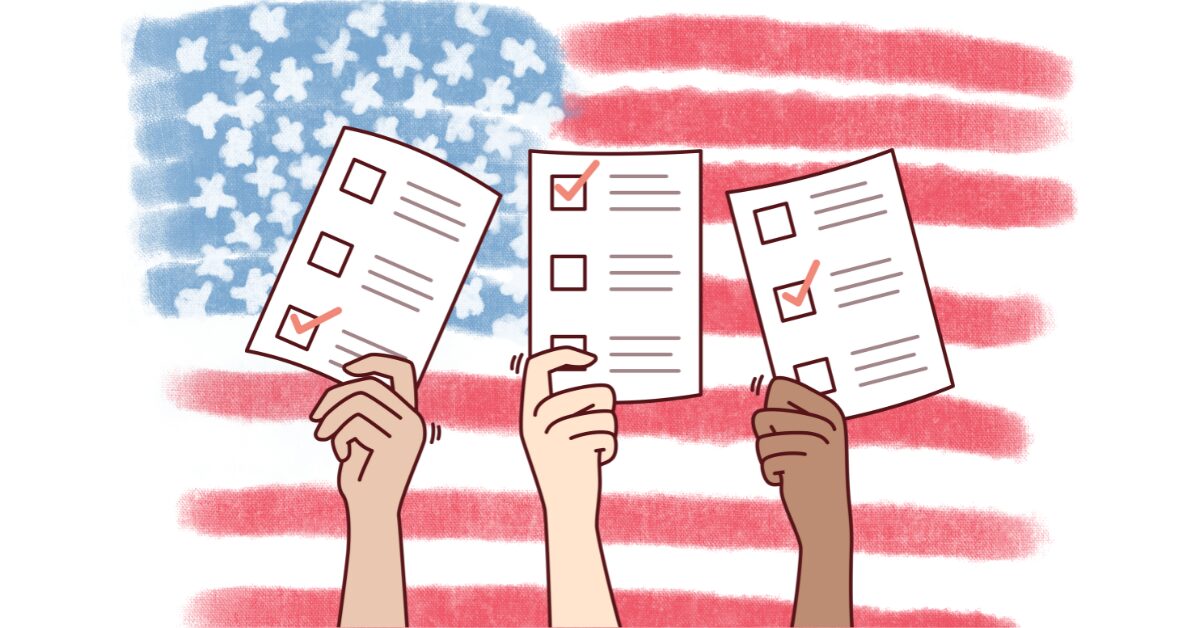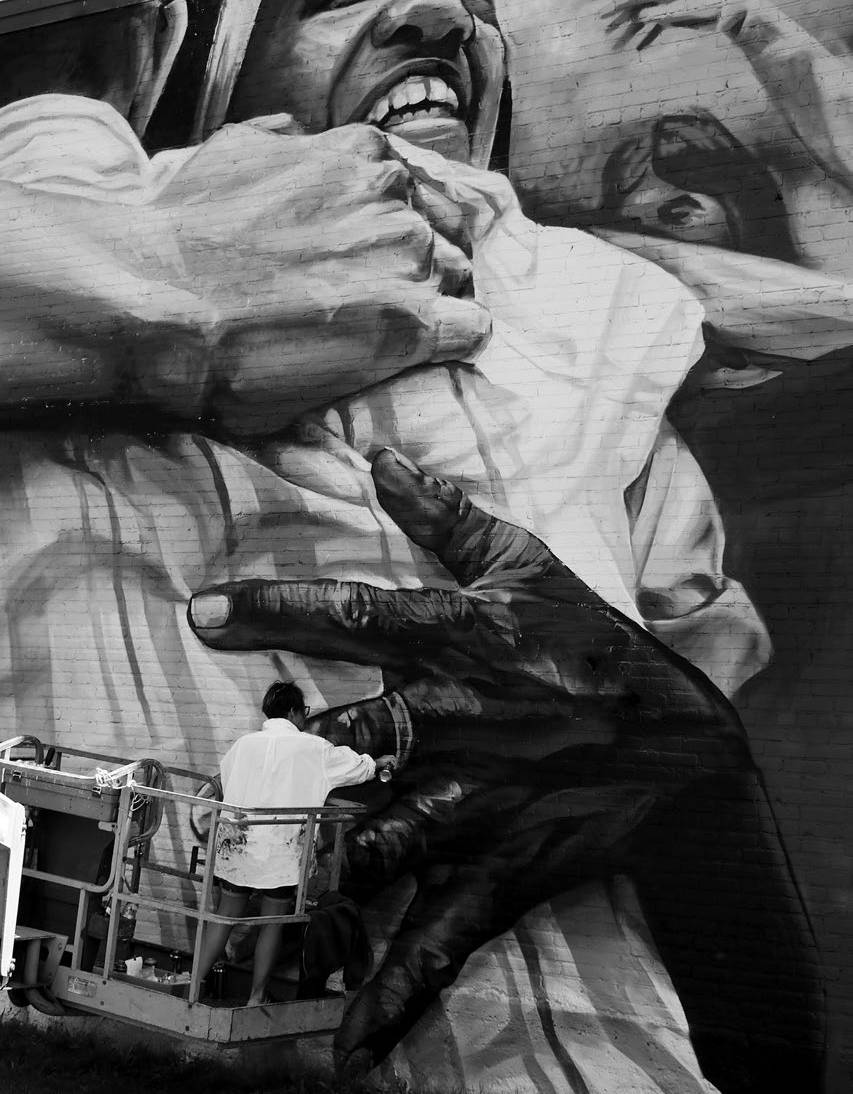By Paul Rozycki
Given the turmoil that the second Trump administration has generated, many are looking to next year’s midterm elections with the hope that voters will set the nation in a different direction.
The party out of power usually does well in the midterms, and Democrats are working to take control of at least one house of Congress and block some of Trump’s most extreme initiatives. Much of the political news over the next year and a half will likely be focused on that possibility.
But while the nation reacts to the Trump presidency, there are many other issues that will matter here on the state and local level, too.
In Michigan, voters will soon have the opportunity to weigh in on a number of proposals, and they will be asked to sign petitions to place those proposals on the 2026 ballot as they browse summer’s final art fairs and farmers’ market offerings.
So, with one proposal already slated and six on track to gather the needed signatures, it seems a proper time to discuss them all.
State Constitutional Convention
The one issue already slated for the 2026 ballot will ask voters if they want to hold a constitutional convention to write a new state constitution.
The Michigan Constitution requires that a question of a new constitutional convention be placed before voters every 16 years, and 2026 is the required time for the vote.
Since the current state Constitution was approved in 1961, the proposal for a new convention has been defeated every 16 years, usually by a 2-1 margin. While there is little organized opposition or support for a new convention, many on both sides of the aisle fear that today’s divisive politics would produce a deadlocked convention.
Aside from the convention question, the State Board of Canvassers has approved proposals regarding voter citizenship, ranked choice voting, income tax increases, property tax elimination, and the minimum wage.
All but the minimum wage proposal will need to collect about 445,000 valid signatures (10% of the votes cast for governor in the last election) by July of 2026 to place the issue on the ballot. (The minimum wage proposal is actually a voter referendum, so it would require about 224,000 valid signatures, or 5% of the votes cast for governor in the last election.)
Photo ID and proof of citizenship
One of several proposals dealing with voting would amend the state Constitution to require photo identification and proof of citizenship in order to register to vote.
Those who support this proposal argue that fraudulent voting has been a significant problem in past elections. Opponents say that there has been little evidence of major voter fraud and that requiring proof of citizenship and a photo ID would discourage many potential voters who may not have (or have the means to obtain) the appropriate documents. In 2024, state officials found only 16 potential cases, out of millions of votes cast, where non-citizens may have attempted to vote.
A second, similar proposed amendment to the Michigan Constitution would simply require that only U.S. citizens could vote in elections.
Having two similar proposals on the ballot could make passing either more difficult and make it more confusing for those who might choose to sign one or the other. If both should pass, however, the one with the most votes would take effect.
Ranked choice voting
This proposed amendment would allow for ranked-choice voting for most elections, where voters could list their first, second, or third choices of candidates.
It would require that candidates receive a majority of votes to be elected, require the use of paper ballots in all elections, allow voting for write-in candidates, and require notice of any changes of polling locations. If no one candidate received over 50% of the vote in an election, the last place candidate would be eliminated and the second and third choices would be reallocated until a candidate received a majority vote.
Supporters say that ranked choice voting would reduce political polarization and conflict. Critics argue that it makes elections too complex and confusing for voters and election officials. The history of ranked choice voting is mixed, with a few states approving it and others rejecting it. Interestingly, some Michigan cities like Kalamazoo and East Lansing have adopted local ranked choice voting ordinances already, but current state law prohibits implementation.
Property tax elimination
The proposed “Prohibit Property Taxes” amendment would prohibit taxation on real and personal property. It would also require 60% voter approval to raise local taxes and a two-thirds majority in the state legislature to raise state taxes. It would require the state to direct more tax revenue from marijuana, tobacco and alcohol sales to local governments to make up for the lost property tax revenue.
This proposal failed to make the ballot in 2024, so 2026 marks a second attempt. Supporters argue that the state is overtaxed while opponents feel that the loss of revenue would limit both the state and local government’s ability to provide services.
Income tax increase
The ”Michigan Fair Share Surcharge on Annual Taxable Income” initiative would require a 5% surcharge on annual taxable income of more than $1 million for joint returns and $500,000 for single returns. The money collected would then go to fund local public school districts.
Supporters say that the funds are needed to support and improve Michigan’s school system. Opponents say it would hurt Michigan’s economy and cause investors to go to other states.
Minimum wage
The Michigan Minimum Wage for Tipped Workers referendum would repeal Public Act 1 of 2025, which reduced the minimum wage for Michigan tipped workers, established a new schedule for increasing the state minimum wage, and changed the way future inflation adjustments for minimum wage increases will occur.
Supporters argue that the proposal would assure a fair wage for tipped workers, while opponents say it would place a burden on small businesses and hurt Michigan’s economy.
Before you sign, take the time
Since 1986, a bare majority of ballot proposals have been approved by Michigan voters. There have been 65 proposals since that time and 34 were approved and 31 were rejected. It’s hard to tell where these, or other possible proposals to come, will land in the statistics.
But there is a good chance that in the months to come you will be asked to sign (or not sign) a petition to support any of these measures. So, before you pick up that pen, I encourage you to take the time to learn what is behind the one line title or the 100 word summary of these proposals. While some of the details can be complex, a good place to find more information is https://ballotopedia.org and other Michigan news organizations like www.bridgemi.com.
This article also appears in East Village Magazine’s August 2025 Issue.







